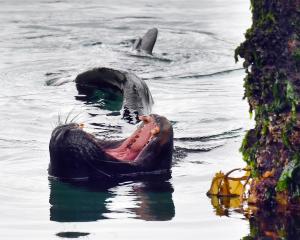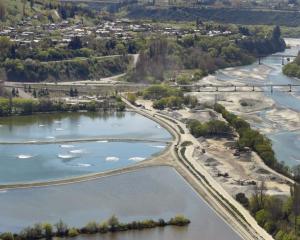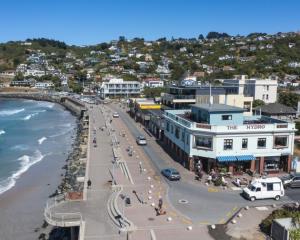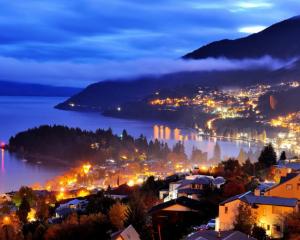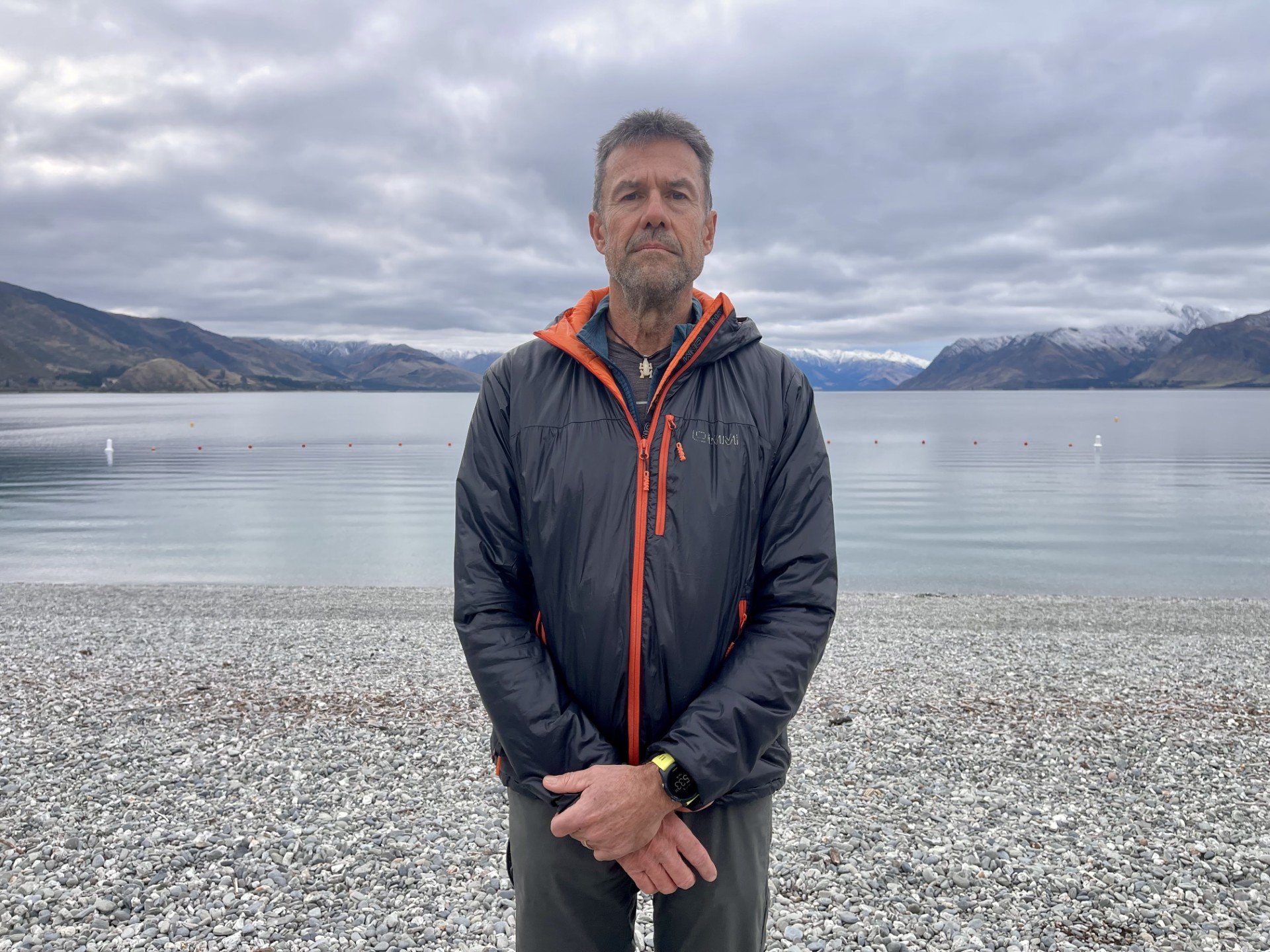
Lake Hāwea’s normal water levels sits between 346m (metres above sea level) and 338m. Contact Energy has applied to lower this by 2m at levels from 446m to 336m.
The energy company has applied to drop the lake a further 6m in emergency situations, to 330m.
University of Otago Dame Carolyn Burns research chair in freshwater science Ross Thompson said this move would "undoubtedly" have a negative impact on plant life, invertebrates, fish and the water quality of Lake Hāwea.
Prof Thompson has researched lakes and rivers for the past 25 years, including two years on Lake Hāwea.
He said a 2m difference would create a giant dust problem around the lake and the high winds that head up the lake would bring that into the township with a population of 2100.
"One of the obvious things is you get really big dust nuisance problems in the top 10 metres and that will carry in the high winds."
If the lake was lowered, plant life would be destroyed in frosts and by waves, as the beds would be exposed. This would negatively impact the ecology of the lake and fishery life.
A lowered lake would create weed problems, sediment issues and generally it would become muddy.
"The risk is plant beds stabilise the bottom, they stop it being silty and muggy. Losing them would result in the water getting dirtier. These beds are important nursaries for fish."
Otago Regional Council consents manager Alexandra King said the council would assess the application against the rules and policies in regional planning documents.
University of Otago associate professor in zoology research professor Marc Schallenberg backed the concerns.
"There is literature that looks at the effects of lake levels on ecology and fisheries and undoubtedly this will have a negative effect on plant life and invertebrates."
He said it was likely Contact Energy was having trouble meeting its consent levels.
"They are probably asking for a bit more leeway. Some of that will be to make more profit and some to alleviate the anxiety to meet that consent."
The Guardians of Lake Hāwea were not consulted over the issue, but told.
However, they have issued an open letter to Contact Energy expressing their concerns. They have not heard back from the power company.
Contact Energy spokesman, head of hydro generation Blair Croall, said it was early days but they were exploring options "to improve New Zealand’s energy security."
"One of the options we are looking at is a way to adjust lake levels in times of extreme need. This would enable us to generate more renewable electricity from our hydro dams and manage dry-year risk when demand is high in the winter. "
Contact confirmed it was applying for the government’s fast-track process.
Guardians spokesman Geoff Kernick said the lowering of the lake would have substantial negative impacts scientifically as well as aesthetically for both locals and tourists.
"A reduction in landscape values and recreational amenity, dust storms, impact on bore water and the mortality of all the aquatic animal and plant life which inhabit the areas to be exposed."
To lower the lake could also have a health impact. Hāwea Flat residents’ drinking water comes from an aquifer that gets water out of the lake. Local farmers also use water from the lake.




